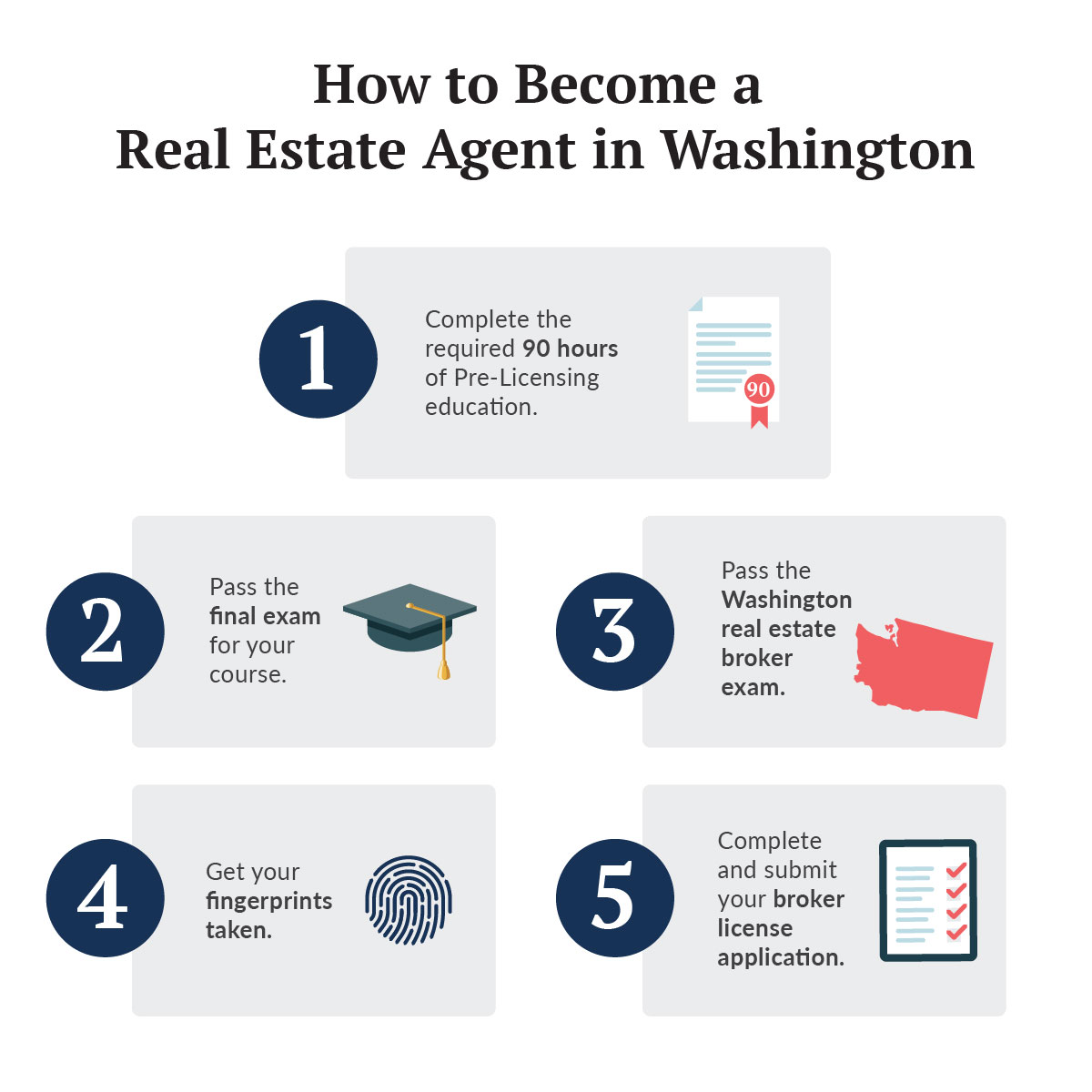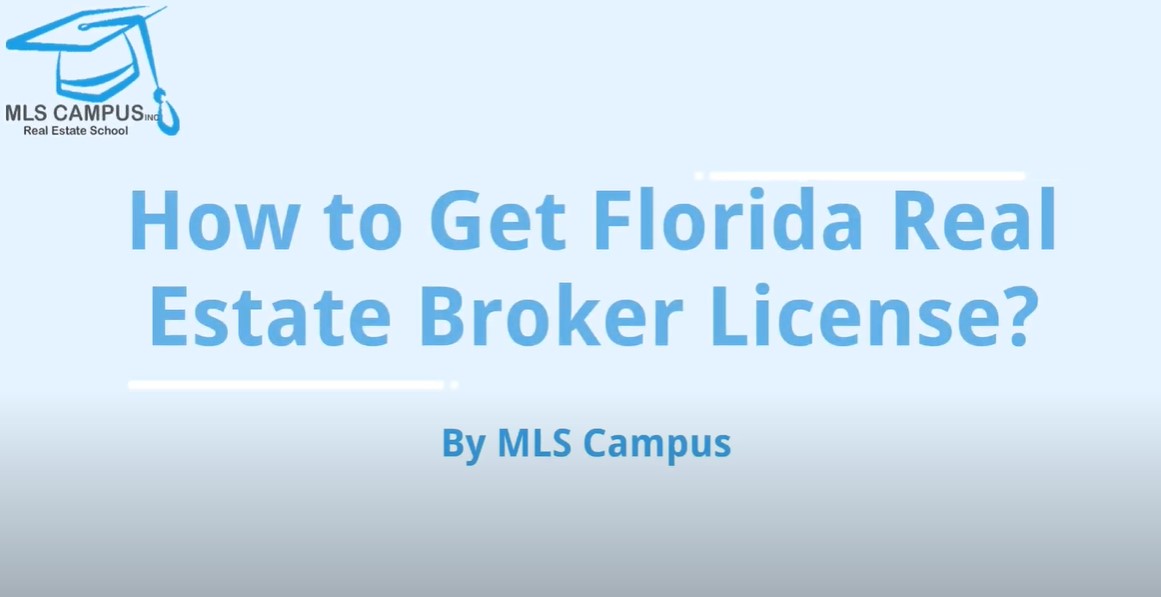
Whether you are looking to buy or sell a home, you need a reliable agent to help you through the process. It is equally important to choose the right agent, as well as how much house you can afford. Before you look for an agent, understand the differences between an broker and an agent.
An agent is a real estate professional who specializes in the sale of real estate. They work under a real estate brokerage or they are self-employed. An agent usually works for a seller while a broker is for a buyer. An agent's experience and that of a broker are the most important differences between them. A broker is more experienced and has more training than an agent. A broker could be either a manager or an individual broker.

A realty agent has fewer responsibilities and training than a brokerage. Agents are usually paid a commission to sell a property. The commission paid to an agent ranges from 5% to 6% of a home's value. Some brokerages allow agents the option to keep 100%. Agents are able to make higher commissions than brokers thanks to this arrangement. Associate brokers may also be allowed to work at brokerages and receive the same commissions as brokers.
A member of the National Association of Realtors is a real estate agent. They must abide by the NAR code of ethics. Some states require that agents take additional state-mandated courses. An agent can advance to a broker by taking more state-mandated courses. A broker manages the brokerage's operations. A broker has more in-depth training and specializations than an agent.
A broker can be a licensed realty professional responsible for overseeing all realty transactions. A broker can also be a broker, a person who hires an agent to work for them, or a broker-owner. A broker is more familiar with the legal requirements and can offer better advice. A broker can earn higher commissions and can own their own brokerage. A broker can also open their own property management company.
Brokers are responsible for the day to day operations of brokerages. They can manage an agent or they may work directly with a customer. A broker will take a business-like approach when selling a house. A broker will oversee the activities of all agents and be responsible for ensuring they follow the law. Some brokerages offer support to associate brokers for administrative tasks.

A broker can be a manager, an associate, or a designated one. The head of the brokerage is the managing broker. An associate broker may work for the brokerage or an individual, while a designated broker is responsible for all real estate transactions. This designation is legal for all real-estate transactions. A real estate broker can also be an associate broker. This designation is known as a broker-owner. An agent's designated broker is responsible in all respects for any real-estate transactions they conduct.
FAQ
Do I need to rent or buy a condo?
If you plan to stay in your condo for only a short period of time, renting might be a good option. Renting lets you save on maintenance fees as well as other monthly fees. On the other hand, buying a condo gives you ownership rights to the unit. The space is yours to use as you please.
Is it cheaper to rent than to buy?
Renting is typically cheaper than buying your home. But, it's important to understand that you'll have to pay for additional expenses like utilities, repairs, and maintenance. You also have the advantage of owning a home. You will have greater control of your living arrangements.
How long does it usually take to get your mortgage approved?
It depends on several factors such as credit score, income level, type of loan, etc. It generally takes about 30 days to get your mortgage approved.
What are the drawbacks of a fixed rate mortgage?
Fixed-rate loans have higher initial fees than adjustable-rate ones. Additionally, if you decide not to sell your home by the end of the term you could lose a substantial amount due to the difference between your sale price and the outstanding balance.
How can you tell if your house is worth selling?
If your asking price is too low, it may be because you aren't pricing your home correctly. A home that is priced well below its market value may not attract enough buyers. To learn more about current market conditions, you can download our free Home Value Report.
Do I need flood insurance
Flood Insurance protects from flood-related damage. Flood insurance protects your belongings and helps you to pay your mortgage. Learn more about flood coverage here.
How can I eliminate termites & other insects?
Termites and many other pests can cause serious damage to your home. They can cause serious damage to wood structures like decks or furniture. This can be prevented by having a professional pest controller inspect your home.
Statistics
- 10 years ago, homeownership was nearly 70%. (fortunebuilders.com)
- Based on your credit scores and other financial details, your lender offers you a 3.5% interest rate on loan. (investopedia.com)
- Some experts hypothesize that rates will hit five percent by the second half of 2018, but there has been no official confirmation one way or the other. (fortunebuilders.com)
- The FHA sets its desirable debt-to-income ratio at 43%. (fortunebuilders.com)
- Over the past year, mortgage rates have hovered between 3.9 and 4.5 percent—a less significant increase. (fortunebuilders.com)
External Links
How To
How to Find Houses to Rent
People who are looking to move to new areas will find it difficult to find houses to rent. It may take time to find the right house. When it comes to choosing a property, there are many factors you should consider. These factors include price, location, size, number, amenities, and so forth.
You can get the best deal by looking early for properties. For recommendations, you can also ask family members, landlords and real estate agents as well as property managers. This way, you'll have plenty of options to choose from.